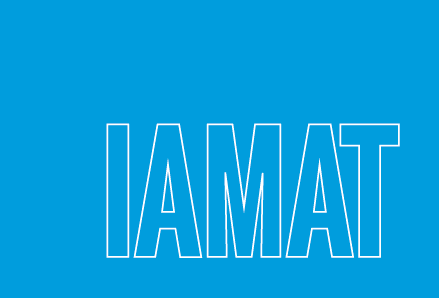Malaria infection continues to be the biggest health threat to travellers going to malaria endemic countries. As travellers, we are equipped with knowledge about prevention methods, the geographic distribution of malaria, and we also have access to prophylactic medication and bed net protection. But what about people living in malaria areas? As we take a moment to consider World Malaria Day on April 25, there are mixed reviews regarding the state of malaria control and eradication initiati Decade to Roll Back Malaria This year marks the end of the ‘Decade to Roll Back Malaria’ declared by the United Nations. While progress has been made, this preventable disease continues to infect between 250 – 350 million people every year where ...



